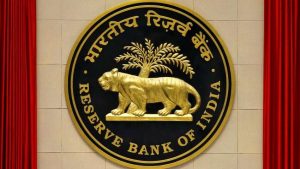Self-Regulatory Organisations : RBI

The Reserve Bank of India recently issued a framework to recognise self-regulatory organisations in the financial markets.
- Self-Regulatory Organizations (SROs) is generally a non-governmental entity created by members of a particular industry or sector to help govern the companies in that industry.
- An SRO sets and enforces rules and standards relating to the conduct of entities in the industry (members) with the aim of protecting the customer and promoting ethics, equality, and professionalism.
- SROs typically collaborate with all stakeholders in framing rules and regulations.
- Their self-regulatory processes are administered through impartial mechanisms such that members operate in a disciplined environment and accept penal actions by the SRO.
- An SRO is expected to address concerns beyond the narrow self-interests of the industry, such as to protect workers, customers, or other participants in the ecosystem.
- Although SROs are private organizations, they are still subject to government-imposed regulation to a degree. However, the government does delegate some aspects of the industry oversight to SROs.
- Since the SRO has some regulatory influence over an industry or profession, it can often serve as a watchdog to guard against fraud or unprofessional practices.
- The ability of an SRO to exercise regulatory authority does not stem from a grant of power from the government.




